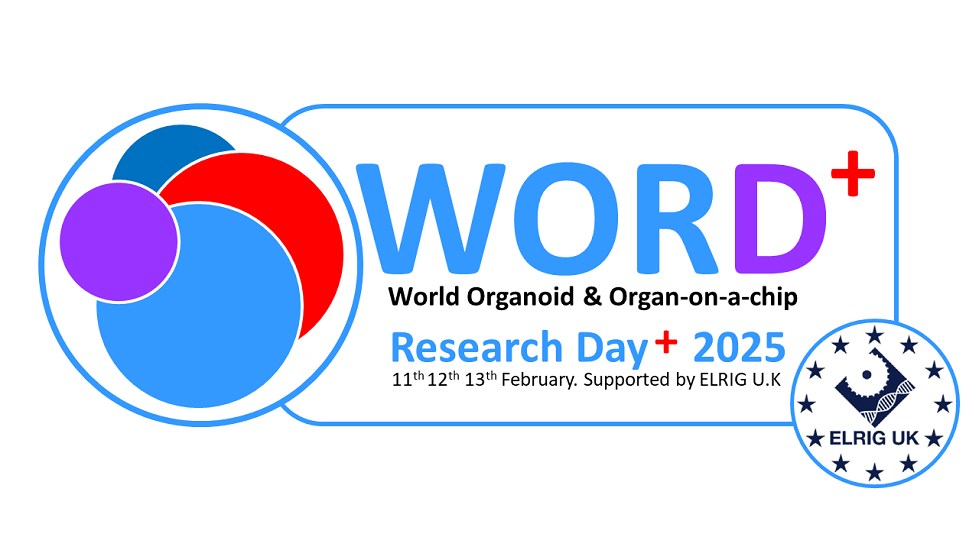Authors
G Ceada1; F Tarrés-Freixas1; N Navarro1; M Pérez-Simó1; N Carmona-Vicente1; L Bonillo-Lopez1; A Moreno1; C López1; F Consortium1; N Majó1; J Segalés1; J Vergara-Alert1; K Kochanowski1;
1 IRTA-CReSA, Spain
Overview
Animals are key for the propagation of high-risk pathogens and zoonotic diseases. While mouse and human-derived organoids have been extensively used for research on infectious diseases, livestock and wild-life derived organoids have been largedly unexplored. Here we report the creation of a comprehensive livestock and wild-life animal organoid biobank (FARMBANK) for the study of epizootic and zoonotic diseases.
Introduction
Organoids have emerged as appealing in vitro models for research on infectious diseases. Livestock and wild-life animal species are pivotal for the transmission of high-risk pathogens and zoonotic diseases, but organoids from many of these species are missing or not fully characterized. Thus, we set out to generate a comprehensive biobank of organoids from livestock and wild-life animal species to be used as models for infection.
Methods
We collected tissue samples from the respiratory and intestinal tracts of livestock and wild-life/exotic animals (e.g. pig, chicken, buzzard, monkey, etc). The tissue was processed by either enzymatic digestion or calcium chelation and epithelial cells were embeeded in matrigel to generate closed-lumen organoids. Closed-lumen organoids were seeded on matrigel-coated plates/transwells to generate open-lumen organoids that were further characterized and infected with viruses.
Results
We succesfully generated organoids from the respiratory and intestinal tracts of a plethora of animal species. These organoids recapitulate the cellular diversity and compartmentalization of the in vivo tissue and are prone to infection with viruses such us SARS-CoV-2 or MERS-CoV.
Conclusion
We expect this organoid biobank to serve the research community as a key asset for the prevention and development of treatments against current and new infectious diseases.

